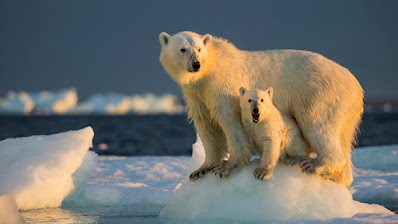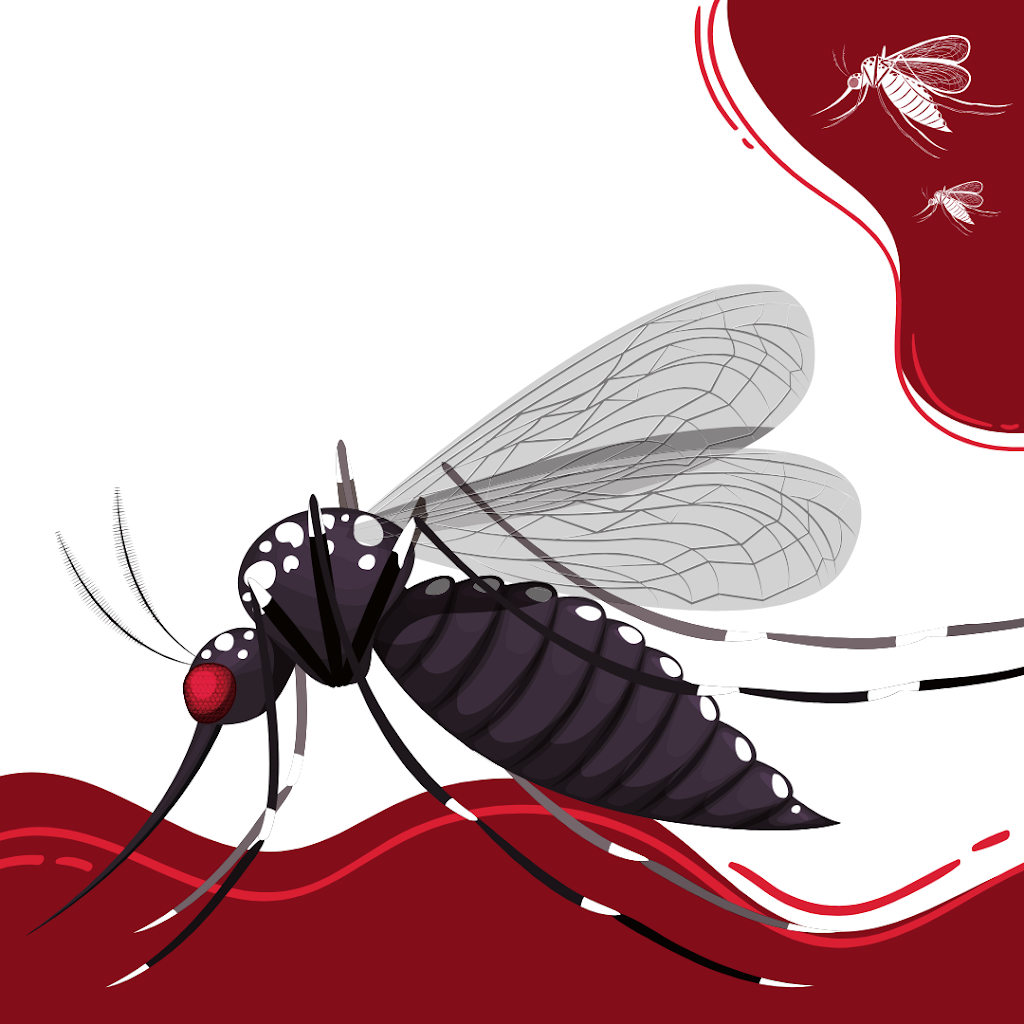
Animal agriculture, particularly the production of livestock for meat, dairy, and other animal products, has a significant impact on climate change. This impact is due to various factors associated with the livestock industry, including:
Animal Agriculture And Climate Change In Global Warming
Methane Emissions: Livestock, particularly cattle, produce methane during digestion, a process called enteric fermentation. Methane is a potent greenhouse gas, and it has a much higher warming potential than carbon dioxide over a shorter time frame. The methane emitted by livestock contributes to the greenhouse effect and global warming.
Deforestation: The expansion of livestock farming often involves clearing forests to create space for grazing or to grow feed crops like soy and corn. Deforestation reduces the planet’s capacity to absorb carbon dioxide, releasing stored carbon when trees are cut down or burned.
Land Use Changes: Land use changes associated with animal agriculture can lead to alterations in local and regional climate patterns, disrupt natural ecosystems, and impact biodiversity. The conversion of forests and grasslands to pasture or cropland can exacerbate climate change.
Feed Production: The cultivation of feed crops for livestock, such as soy and corn, often involves the use of synthetic fertilizers and energy-intensive farming practices. These processes release nitrous oxide, another potent greenhouse gas, into the atmosphere.
Water Use: The livestock industry consumes a significant amount of water for drinking, feed crops, and cleaning. The water footprint of animal agriculture contributes to water scarcity and environmental stress, which can be exacerbated by climate change.
Energy Intensity: Animal agriculture is energy-intensive, requiring electricity for heating, cooling, ventilation, and processing facilities. The energy used in the production, processing, and transportation of animal products contributes to greenhouse gas emissions.
Manure Management: Improper handling and management of animal waste can lead to the release of methane and nitrous oxide. These emissions can occur when manure is stored or applied to fields as fertilizer.
Efforts to mitigate the impact of animal agriculture on climate change include:
Reducing Meat Consumption: Consuming less meat and dairy products or choosing plant-based alternatives can help reduce the demand for livestock production and its associated environmental impacts.
Sustainable Farming Practices: Encouraging more sustainable and eco-friendly farming practices, such as rotational grazing and organic farming, can reduce the environmental footprint of animal agriculture.
Improving Feed Efficiency: Research and development efforts can focus on improving the efficiency of feed conversion in livestock, which can reduce the emissions associated with producing animal feed.
Manure Management: Implementing better manure management practices, such as methane capture systems, can reduce the release of methane and nitrous oxide from manure.
Regulations and Policies: Governments and international organizations can implement regulations and policies that encourage more sustainable and environmentally responsible practices within the livestock industry.
Overall, addressing the environmental impact of animal agriculture is an important aspect of efforts to combat climate change and reduce the overall environmental footprint of food production. Transitioning toward more sustainable and plant-based food systems is seen as a key strategy in mitigating these impacts.









